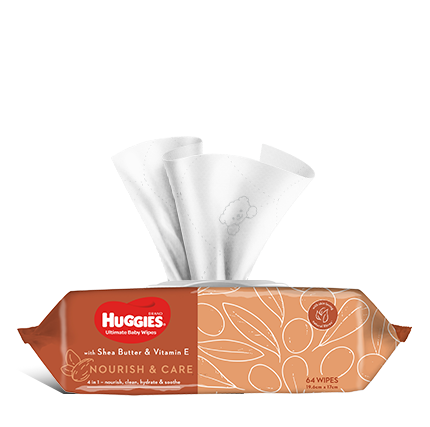Baby formula is the best alternative for mum’s who don’t breastfeed for whatever reason. Baby formula has been specifically designed to give your new bub good quality and nutrient rich, baby formula milk. Manufactured under sterile conditions, commercial formulas attempt to duplicate mother’s milk using a complex combination of proteins, sugars, fats, and vitamins.
However it’s not as easy as just popping down to the store and picking whichever baby formula looks best (well it is that simple, but we suggest you do a little more research before deciding which baby formula is best for your baby).
You should consider how old your baby is, what their health status is, how much the formula costs and even how long it takes to prepare. But in general, you have two kinds of baby formula, milk-based formula and soy-based formula.
Milk based formula
Most formulas on the market are derived from normal cow’s milk and are modified to be as similar to breast milk as possible. It comes in two types, first and second stage milk. First stage is made from whey and is most like breast milk, so it’s best for newborns and young babies. Second stage milk is casin-based and is designed for hungrier babies and takes longer to digest. Second stage milk is suitable from birth, however the protein isn’t as close to breast milk as that found in first stage milk. All baby milk formulas are fortified with iron and Vitamin D (these can be lacking in breast milk) and contain lactose (milk & sugar).
Regular cow’s milk is not suitable for young babies (under 6 months) as it has various elements that babies that young cannot metabolise. It is not recommended that your child is given regular milk until they are at least 12 months old.
Soy Based Formula
Soy infant formulas are mixtures of soy protein sugars, vitamins and mineral supplements. Today about 20 per cent of babies who consume formulas are on the soy variation. Soy formula is not recommended unless a baby has a specific medical need, such as an allergy to milk protein or lactose intolerance. Some parents think soy will help babies with gas, fussiness, or colic. Unfortunately, switching baby formula usually doesn’t help these symptoms. A soy formula can also be a good choice if a parent wishes to raise their bub as a vegetarian and isn’t breastfeeding. Soy formula is usually not recommended for infants who are premature or have a high risk of food allergies.
A few indicators that your child might be intolerant to the formula they are currently on are:
- Unexplained fussiness
- Excessive gas
- Diarrhoea (which may be bloody)
- Spitting up
- Vomiting
- Poor weight gain
If your child is exhibiting any of these symptoms, it might be time to change to another baby formula, and if it continues you should think about taking your bub to the doctor.
Ready-made, concentrate or powder?
Baby formula comes in 3 distinct forms, ready-made, concentrate and powder. They all have their pros and cons. Ready-made is so easy to use, simply open it up and serve, it is however very expensive. Concentrated formula is cheaper than the ready-made option but you do need to add boiling water to the solution to get it ready for baby. The cheapest and most widely used form of formula milk is powdered formula. As well as having the advantage of being cheap, it is also the easiest to store.
Both ready-made and concentrate need to be stored in the fridge whereas you only need to store formula made from powder, after it has been mixed with water. It really all comes down to what you need and when, if you are at home and have all the tools and facilities at hand, the powder option is probably best. If you are going away, you might find it easier and more convenient to take along the concentrate or ready-made versions of your baby’s formula milk.
Why you should use baby formula milk
There is alot of controversy within this topic with equal proponents of breast milk and baby formula, the choice is ultimately yours but you should know a couple of the reasons why many parents out there decide to use baby formula:
- The mother may have a disease that may be passed to the baby through breast milk
- The mother has had breast surgery which means that she cannot breastfeed
- The mother is taking some kind of drug which makes breastfeeding unfeasible
- The baby has some kind of birth defect that makes breastfeeding impossible
- The mother is unable to produce sufficient milk, which affects around 2 to 5% of women
A big thing to remember is that if you do change from breastfeeding to formula, give your baby plenty of water to keep hydrated. Whatever form of nourishment you choose for your bub, it’s always a good idea to pay attention to your bub’s behaviour during and after feeding to look out for any signs that the current formula is not ‘agreeing’ your bub. Try a few different brands until you have found the one that suits your lifestyle, your budget and most importantly your precious new bub.
Last Published* May, 2024
*Please note that the published date may not be the same as the date that the content was created and that information above may have changed since.




















